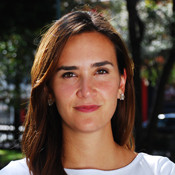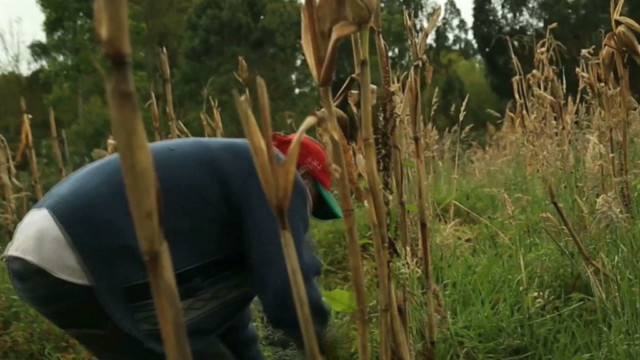Historians have said Colombia’s unequal land distribution was among the causes of its five-decade-long armed conflict.
Now, a new study suggests the poor are still losing-out, even after a peace deal with FARC rebels. And many high-profile politicians are being accused of illegal land grabbing.
CGTN’s Michelle Begue reports.

Former Colombian President, Alvaro Uribe Velez has been accused of accumulating land meant for less fortunate farmers.The Comptroller General’s report, which compiled evidence from 2013 to 2015, shows 33 cases of alleged illegal accumulation of uncultivated lands.
Uribe and Colombia’s current Minster of Agriculture along with his predecessor are among those accused of land grabbing.
Land distribution in Colombia is among the most unequal in the world.
According to aid group Oxfam, two- thirds of the country’s agricultural land is owned by less than one percent of the population.
Land grabbing is illegal nationwide. A 1994 land reform law limits the number of acres that a buyer can purchase meant for small farmers.
In response to accusations of land grabbing,former president Uribe says he acquired the lands legally before the 1994 land reform measure – and therefore has broken no laws.
But one analyst says whether or not these politicians are guilty is not the problem.
“Having these lands concentrated in hands of few wouldn’t be so bad if those lands were used adequately and they were generating jobs, production, and stability for the community. But these lands are only generating power,” said Anthropologist Dar Fajardo.
Unequal land distribution is one reason behind Colombia’s 50 year ongoing armed conflict-where nearly seven million Colombians were displaced.
 CGTN America
CGTN America

